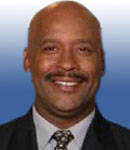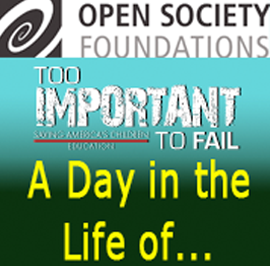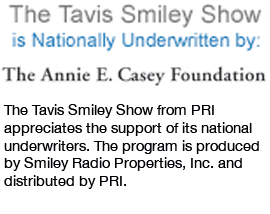Friday, March 14 – Friday, March 21
 Marwan Muasher  The Atlantic Forum  George Johnson  Jessica Bartholow  Amy Sosa |
 Christopher Petrella  Everett Glenn  Sasha Abramsky  Greg Kaufmann |
Now in its fourth year, the Arab Spring movement that began in late 2010 has yet to drive out autocratic regimes and usher in democratic ones—in fact, some of those brutal autocrats have tightened their grip. Marwan Muasher, the former foreign minister and deputy prime minister of Jordan, argues in his book,“The Second Arab Awakening: And the Battle for Pluralism”, that democracy can still flourish in the Middle East—but not without some major political and cultural change. As the prison population in the United States has skyrocketed over the last 30 years, cash-strapped states have turned to the private sector to resolve prison overcrowding. Privately-operated prisons claim that they run more efficiently and save more money than governmental facilities. How can they make such claims? The answer may lie in a recent study, which found that private prisons incarcerate African Americans and Latinos at even higher rates than government-run prisons. Christopher Petrella, a doctoral candidate at the University of California, Berkeley, conducted the study and joins us to discuss its findings. Tavis traveled to Washington to participate in “Reinventing the War on Poverty”, a daylong event hosted by “The Atlantic” magazine in cooperation with the Tavis Smiley Foundation, as part of our initiative, ENDING POVERTY: America’s Silent Spaces, a $3 million, four-year national effort to examine barriers and identify solutions to alleviate poverty in the United States. In an excerpt from Tavis’ presentation, he outlines what the country needs to do to ensure that millions of Americans have the tools to emerge from living in or near poverty. March Madness begins this weekend with the selection of the teams that will participate in the NCAA basketball tournament. Getting into the tournament is a big deal for the schools—it’s a great source of pride, prestige, and, of course, money. But what will the young athletes, particularly the young athletes of color who will be on the court, get out of it? Everett Glenn, president of the National Sports Authority, and our commentator George Johnson discuss the role parents, students, and universities should play in the success of young athletes of color. On January 8, 1964, President Lyndon B. Johnson used part of his first State of the Union speech to declare war on poverty. “The Tavis Smiley Show” marked the anniversary with a two-hour roundtable discussion on poverty in America. In a rebroadcast of part two of our discussion, the panel assesses LBJ’s programs and President Obama’s December speech on income inequality, and talks about possible solutions to easing the ongoing poverty crisis. The panelists are Sasha Abramsky, senior fellow at the Demos think tank and author of “The American Way of Poverty: How the Other Half Still Lives”; Jessica Bartholow, legislative advocate for the Western Center on Law and Poverty; Greg Kaufmann, a contributing writer for “The Nation” magazine and BillMoyers.com; and Amy Sosa, an unemployed teacher and mother of three from San Leandro, CA. |



